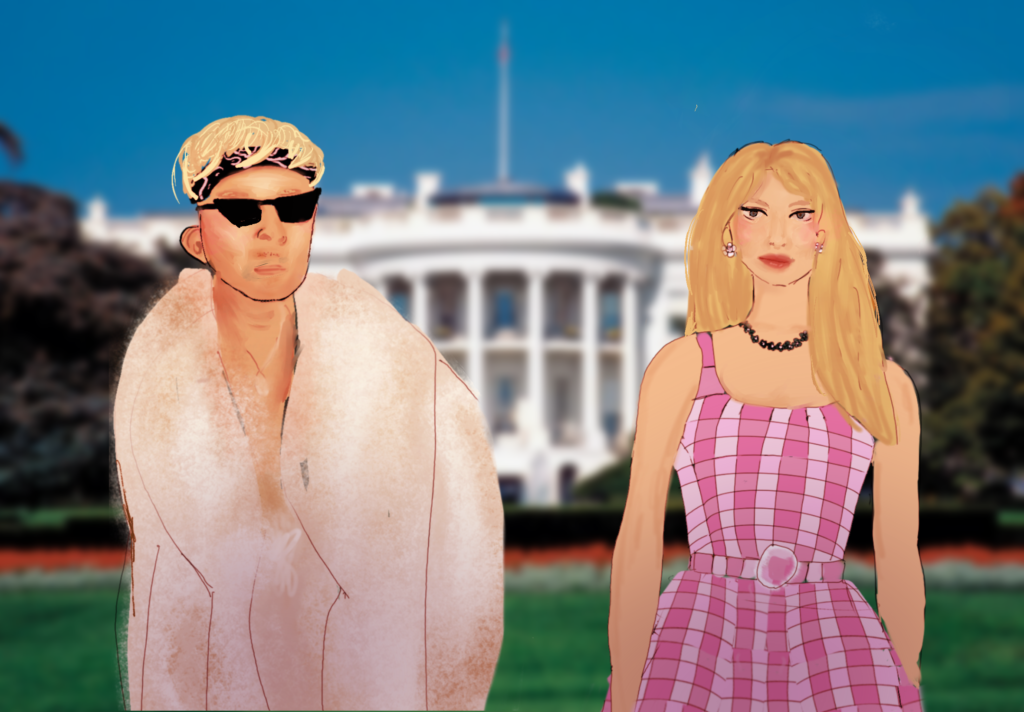
By Kaylin Lam ’27
Warner Bros.’s highest grossing film, Barbie, has taken Hollywood by storm. Nostalgia for the famous Mattel doll and its extensive marketing contributed to box office sales of more than $1.38 billion worldwide. Despite it’s widespread popularity, the movie’s thematic substance on gender politics has left many of its viewers divided.
In light of the microcosm of identity politics spurned by perspectives regarding the film, it’s imperative that we crack down on the online culture of denouncing everything and everyone that associates with ideologies we may disagree with. We must encourage people to be open-minded and receptive to other perspectives if we wish to prevent further polarization.
Contrary to expectations for a typical family movie, Barbie, in colorful and campy fashion, delivers a slew of feminist ideas, addressing problems with patriarchy, male entitlement, and authentic female empowerment. As such, there have been a large variety of opinions regarding the film and its message.
Some consider the movie an advancement in the modern feminist movement, arguing that it helped expose fourth-wave feminism to unaware bystanders. Others appreciate the movie’s stellar production, yet were disappointed by the lack of nuance in the delivery of its call for female independence. And, most notably, many have demonstrated the belief that the movie acts as anti-male propaganda.
As usual, internet discourse has coaxed people to formulate opinions based on those of their favorite content creators or pushed them to blatantly oppose those who disagree with them. In an attempt to protect themselves from criticism, whether it’s regarding one’s judgment of cinema or outlook on social issues, people are inclined to take the offensive.
As such, many have generated identity-based narratives surrounding Barbie; in other words, they have fallen victim to extreme polarization. People fail to realize that despite Barbie’s political messaging, there is no “right” or “wrong” opinion.
The film merely attempts to portray the female experience in our current social and political climate. It acknowledges Barbie’s flawed execution of female empowerment through unrealistic beauty norms, criticizes those who attempt to establish gender-based leadership in society by ridiculing both the Kens and the Barbies, and assumes an optimistic stance on gender equality and acceptance of a spectrum of identities. You don’t have to love the characterization of Barbie in the film to be a feminist, and you certainly aren’t misogynistic if you didn’t enjoy the movie. The movie, like all works of cinema, deserves open-minded inspection to fully understand the purpose behind its creation.
Since Barbie’s release this July, we have seen many perspectives circulate the web, which provides a platform for people to educate themselves on a myriad of interpretations before coming to their own conclusions on Barbie.
Similarly, when considering identity politics as a whole, it is essential that we are open to listening to the varied, and often clashing, opinions of others so that we can formulate our own ideas on the basis of true understanding. We shouldn’t crack down on identity politics by denouncing our opponents. Instead, we need to ensure that everyone is given the chance to speak and be heard. Only then will we have created a constructive environment for discourse.




